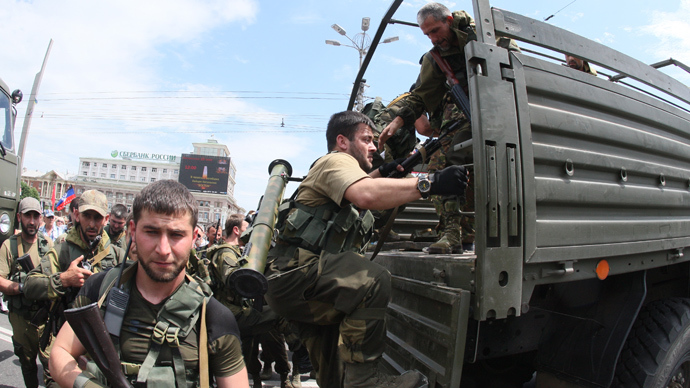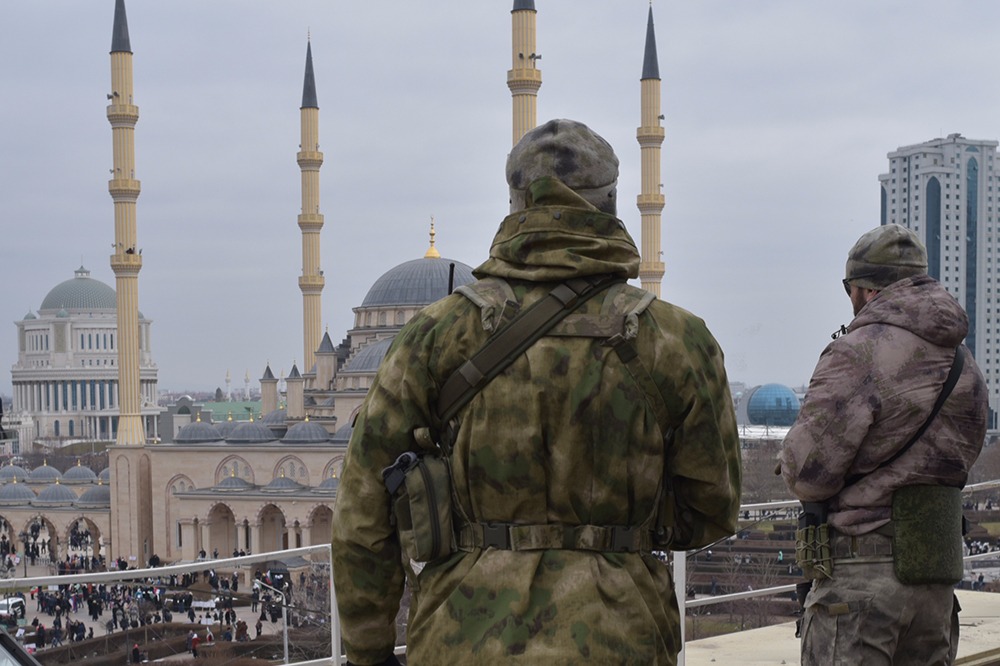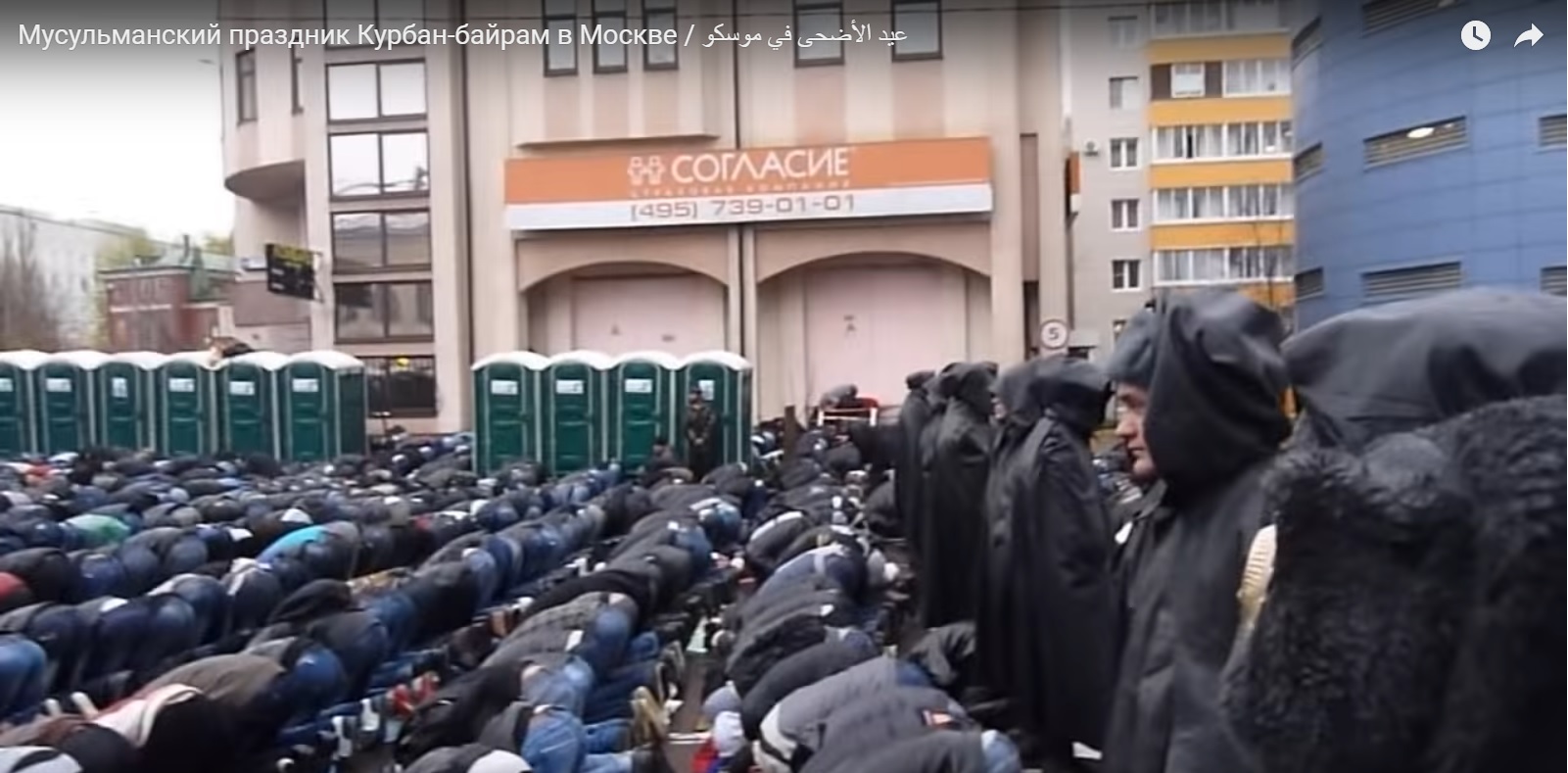Speaking at a meeting
on “The Ukrainian Crisis and the Conservative Re-Consolidation” on Thursday, Gudkov said that what is taking place can be described as “the latest ‘abortion’ of the modernization processes in Russia” in which the authorities have sacrificed modernity to save their own power.
He argued that this involves the revival of archaic features in the population and also “archaiv mechanisms” of its consolidation by the powers that be. And he suggested that “official propaganda had played a key role” in this process.
But two months later, following “intensive and unbelievably aggressive propaganda,” Russian attitudes toward Ukraine changed and at the same time Russian support for the Kremlin rose equally dramatically, thus overcoming what had appeared earlier to be “an irreversible process of its delegitimization.”
Before this propaganda barrage, Gudkov says, people in Russia’s provinces were upset by the failure of the government to satisfy their needs. People in Russian cities were angry about the lack of institutional reforms and honest elections. And many Russians in general were depressed and found they could not identify themselves either with the country or the regime.
But the events in Ukraine and the way Russian media treated them gave the authorities a way out, Gudkov said. At first, Moscow presented the Maidan as “the result of an evil Western conspiracy against Russia,” then, after the flight of Yanukovych, it suggested that “fascists” had seized control, and finally, argued that ethnic Russians were at risk and had to be defended.
This trend, he suggested, had two aspects. On the one hand, there was “an activation of collective great power consciousness” among Russians; and on the other, there was a sharp decline in attention to the worsening of conditions in Russia itself and thus more approval for the regime. “Of course,” Gudkov said, “this public euphoria could not last for long.”
But while that may fade, “the primitivization of the consciousness of [Russian] society” will continue for some time, a reflection not so much of the nature of the authorities as of society itself. Indeed, “propaganda would not have been as effective if society had not wanted to accept it.”
Also speaking at the session was Emil Pain, perhaps Russia’s leading specialist on ethnic conflicts. He stressed that the consolidation now taking place in Russia is “not around the authorities but around the personality of Putin as the ruler of Russia,” something with very different consequences.
He also said that his research had shown that there are four main ideological and political trends in Russia: the nationalists, the left, those who are “pro-regime,” and the liberals, and he said that it is important to recognize that Ukrainian events and Moscow’s propaganda about them had affected each differently.
Among the consequences of that, Pain said, is that now all the other groups oppose themselves to the liberals, even as the nationalists are dividing between the anti-imperial, imperial and even non-ethnic groups. (An indication of this is that there will be two Russian Marches this year in Moscow, one anti-Ukrainian and the other not.)
That in turn has been exacerbated by the tendency of liberals to blame Russia’s problems not just on the regime but on the Russian people, something that limits their chances for influencing the country in the future especially as Russia has now entered a period of troubles in which people lack confidence about the future.
“When there are no conditions for the positive consolidation” of society, the specialist on ethnic conflicts says, “it will take place on a negative basis,” as appears to be the case now. The current euphoria won’t last, he said, and one should think of the condition of Russian society now as being like that of someone recovering from an alcoholic stupor.
Finally, Nikolay Petrov, a Russian political analyst, told the group that he sees the current situation in Russia being the result of what he called “the three ends” – “the end of illusions,” “the end of democratic political legitimation of authority,” and “the end of geography.”
The first refers to the notion that in Russia there is “a good society” but “bad authorities” who are suppressing it. “We see that this is not entirely the case,” Petrov said. The second means that the authorities are shifting the basis of legitimacy from democratic means to military ones. And the third means there aren’t “four Russias” as some thought but a single one in the minds of most Russians.
Yevgeny Yasin who chaired the session concluded it on a note of “restrained optimism.” He said the current period of Russian history reminds him of what took place in the 19th century in Great Britain, France and the United States and cited the turmoil reflected in the movie “Gangs of New York” as showing how a society can grow through such conflicts into modernity.





